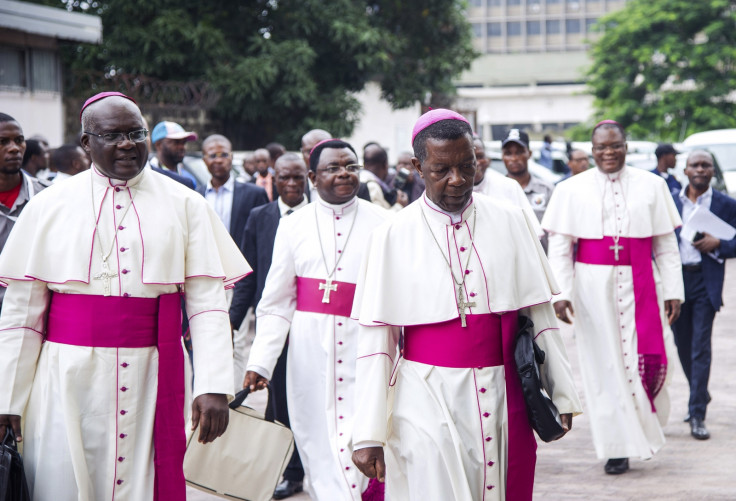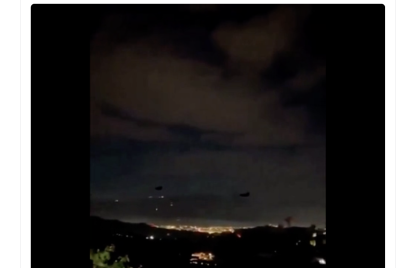DRC: Bishops optimistic political agreement will soon be ratified by all for 2017 elections
Fears remain political actors may not all back deal paving way for DRC's 2017 elections.

Bishops leading political negotiations with political leaders in the Democratic Republic of the Congo (DRC) are optimistic every stakeholder will agree to sign a deal that will pave the way for the first ever peaceful transition of power in the resource-rich nation.
Pressure has been mounting for all opposition parties and the presidential majority (majorité présidentielle, MP) to sign the 31 December deal aimed at stemming the violence that followed President Joseph Kabila's refusal to relinquish the presidency at the expiration of his mandate on 19 December.
On 4 January, the Catholic Church's National Episcopal Conference of Congo (CENCO) resumed its work by receiving every political actor of the opposition currently part of the transitional government but who so far has refused to sign the new deal that stipulates Kabila may remain in office until delayed elections are held by the end of 2017.
Despite lingering fears the deal could fall through due to pending issues − including dropping "trumped up" charges against political leaders to enable a fully inclusive government − CENCO officials remain optimistic.
"We believe that all the formalities that we have led since the beginning of the week will succeed. We believe that those who have declared only having agreed 'under condition' only did so because they were re-positioning themselves. They do not want to be buried politically, and want to their political weight to be considered when the new government is established," Père Clément Makiobo Malelo, executive secretary of the DRC Episcopal Justice and Peace Commission, exclusively told IBTimes UK.
"The bishops are meeting with [those who have refused to sign, including MLC party official, Ève Bazaiba, and current prime minister Samy Badibanga] and we are hoping that they will end up signing the agreement."
The bishop hinted that some within the presidential majority may have also been "destabilised" by Kabila's reiterated calls to support CENCO's work − a declaration many saw as Kabila's attempt at securing "his future political positioning".
Elections in December 2017 'possible'
Once the deal is signed, an Implementation Council must be appointed and present a clear programme for the implementation of the deal, which the United Nations Security Council (UNSC) on 4 January urged to be "swift" as possible in order to organise elections no later than December 2017.
The bishop confirmed the Council members' nomination is currently being discussed, and could be formed within the next month and a half. Makiobo Malelo explained: "In my mind, we may have to wait for the parliament to return to move on. This leave us around 30 to 45 days. It's about taking our time to ensure we don't commit any errors."
Regarding pending issues concerning the delayed elections, Makiobo Malelo said the onus should no longer be on the electoral commission (CENI), which previously said technical and financial issues were behind the elections' delay.
"CENI should not be allowed to impose on us an electoral programme − it should only be answering politicians' expectations," the bishop said. "We are certain that, if we accelerate the voters' enrolment process, if we multiply the number of voting kits, we can gain a few months."
He added: "We understand the country is vast, but the sooner we get started, it will be possible to have these elections in December. We will need for the stakeholders to show a political will to find financing and shorten technical issues."
CENCO will carry out an internal audit of the CENI, Makiobo Malelo confirmed.
© Copyright IBTimes 2025. All rights reserved.





















